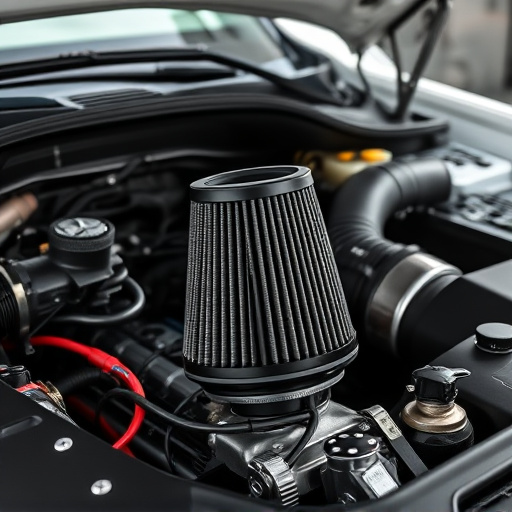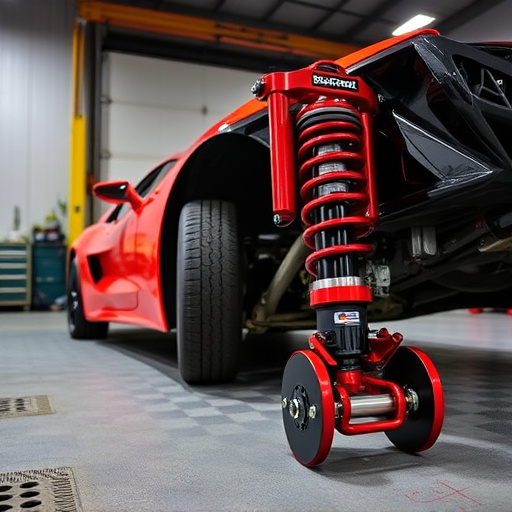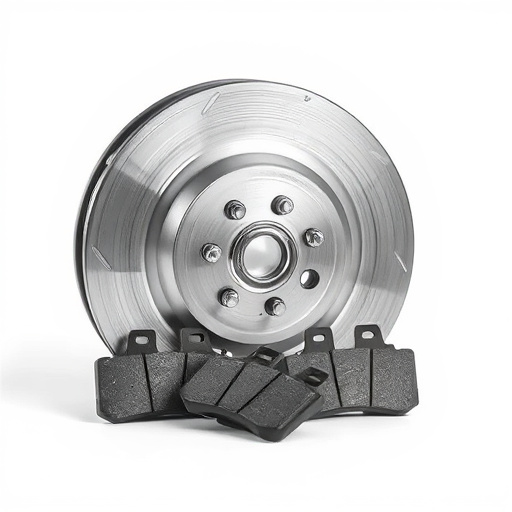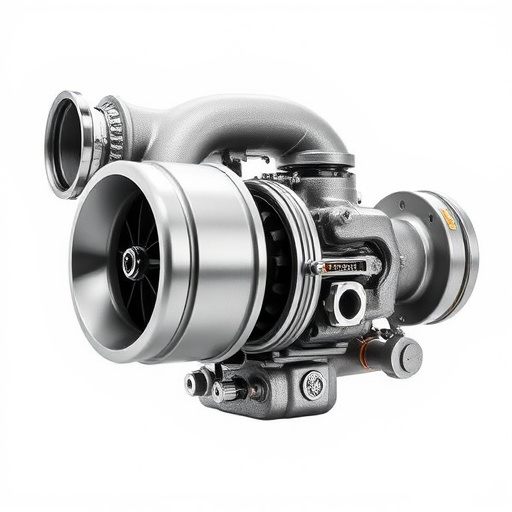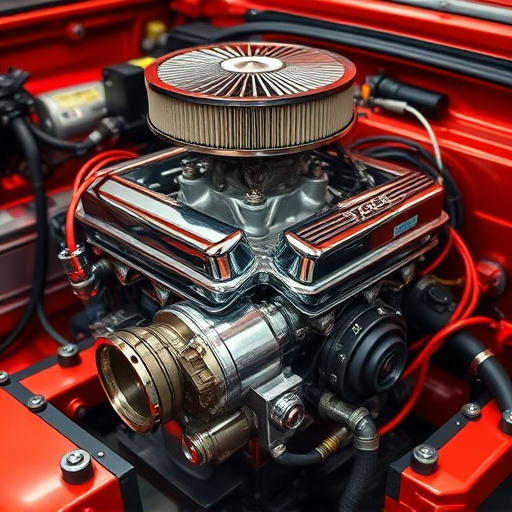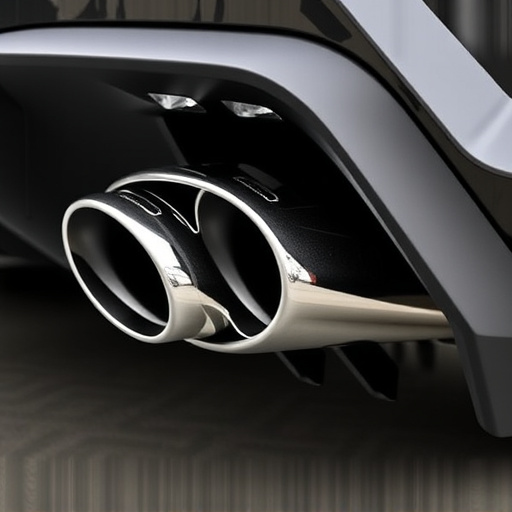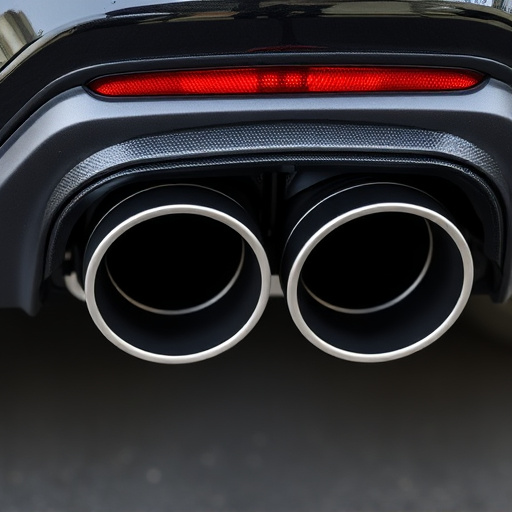A resonator delete upgrade boosts engine performance and sound for car enthusiasts, but may increase noise levels, exhaust emissions, and impact fuel efficiency. Compatible with various models, installation is accessible, yet improper setup can compromise system integrity. Check warranty validity before modifying essential components like the exhaust system.
Considering a resonator delete upgrade for your vehicle? This article breaks down the pros and cons, offering valuable insights for car enthusiasts. From enhancing performance to safety considerations, ‘resonator delete’ modifications have gained popularity. We explore the fundamental concept, highlighting its advantages like improved engine sound and increased power output. However, we also address potential drawbacks and safety factors to ensure informed decisions.
- Understanding Resonator Delete Upgrades: The Basics
- Advantages of a Resonator Delete: Performance Boosts
- Potential Drawbacks and Considerations for Safety
Understanding Resonator Delete Upgrades: The Basics
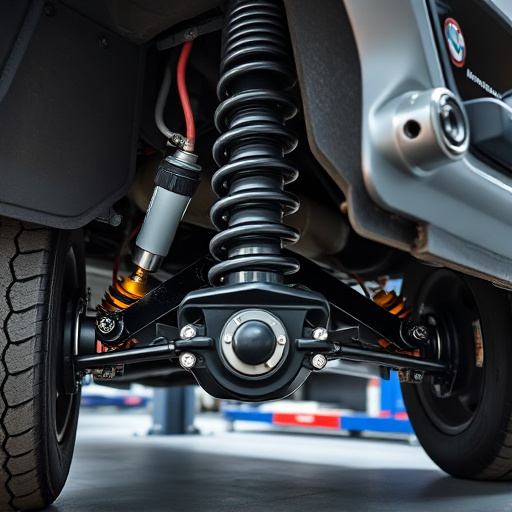
A resonator delete upgrade involves removing or modifying a vehicle’s resonator, an integral component within the exhaust system designed to reduce unwanted noise vibrations. This modification is often sought by automotive enthusiasts and performance tuners aiming to enhance the sound of their vehicles. By eliminating the resonator, drivers can experience a more aggressive and sportier exhaust note, which can be particularly appealing for modified cars with powerful engines.
This upgrade is typically compatible with vehicles equipped with both stock and aftermarket exhaust systems, including those with cold air intakes or performance-tuned engines. However, it’s crucial to consider that removing the resonator may also result in a slightly louder noise level, especially at higher engine RPMs. Moreover, some vehicles’ warranty may be voided if such modifications are made, particularly if they involve altering essential components like exhaust systems and brake rotors. Thus, thorough research and understanding of one’s vehicle specifications before proceeding with a resonator delete upgrade are essential.
Advantages of a Resonator Delete: Performance Boosts
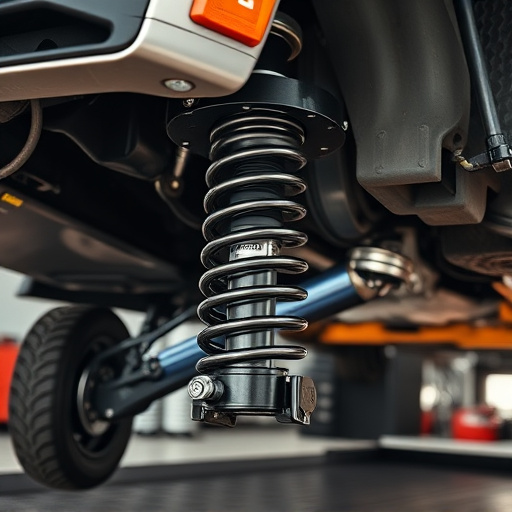
A resonator delete upgrade is a popular modification among car enthusiasts seeking to enhance their vehicle’s performance. By removing or modifying the resonator, an essential component in the exhaust system, this simple change can deliver significant advantages. One of the key benefits is the boost in engine performance. With the resonator out of the way, the exhaust gases can flow more freely, resulting in improved turbo response and increased horsepower. This modification is particularly appealing to those who enjoy a sportier driving experience, as it allows for a more aggressive and responsive acceleration.
Additionally, removing the resonator can lead to a deeper and more aggressive exhaust note, which many performance enthusiasts find desirable. Unlike a muffler that reduces sound, a resonator delete focuses on maximizing airflow, often causing a noticeable change in the vehicle’s sound signature. This modification is easily achievable through various kits available in the market, catering to different makes and models, and can be installed relatively quickly by both professionals and enthusiastic DIYers.
Potential Drawbacks and Considerations for Safety
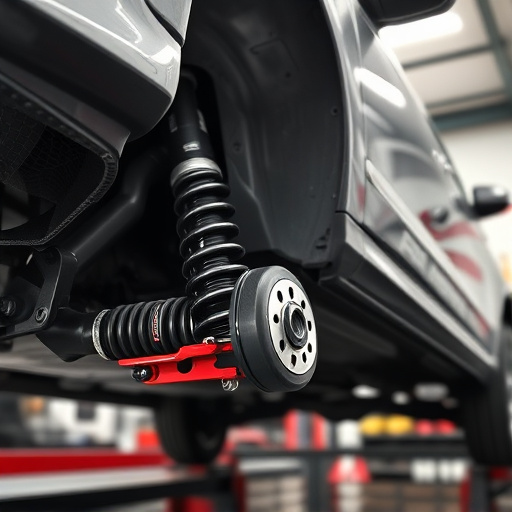
While a resonator delete upgrade can enhance performance and improve engine sound, it’s not without potential drawbacks. One significant consideration is safety. Removing the resonator can lead to increased noise levels, which might be disturbing to drivers and pedestrians alike, especially in urban areas where noise pollution regulations are strict. Moreover, the resonator plays a crucial role in muffling harmful exhaust gases, and its removal could result in higher emissions and potential environmental concerns.
Another safety-related aspect involves the impact on the vehicle’s overall performance. The resonator delete may affect engine balance, potentially leading to decreased fuel efficiency and increased wear on certain exhaust components like headers and exhaust tips. Additionally, if not properly installed or modified, it could compromise the integrity of other intake components and exhaust mufflers, raising safety hazards during operation.
A resonator delete upgrade offers significant performance enhancements, particularly in terms of engine sound and power output. However, it’s crucial to weigh the potential drawbacks, such as safety concerns and legal restrictions, before making this modification. Understanding both the pros and cons will help ensure an informed decision for your vehicle’s setup.








